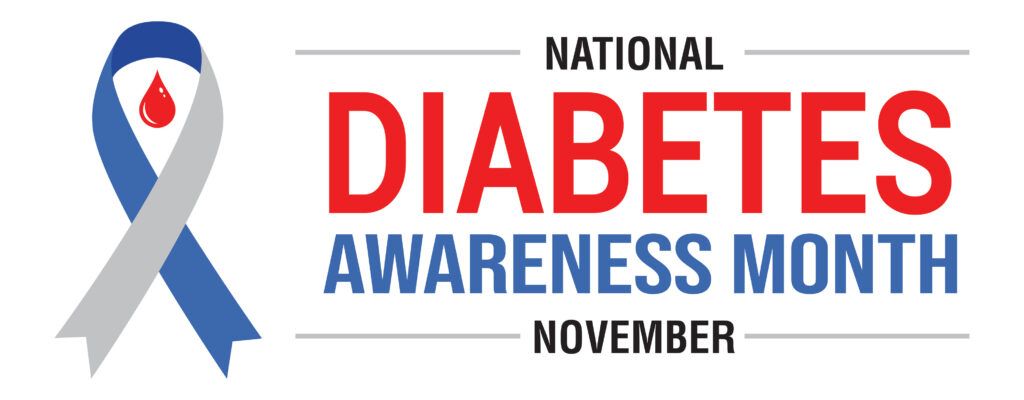Finding the Right Primary Care Provider for Adults over 65 | 5 Things to Consider
Trinova Medical | Articles
As healthcare needs evolve with age, finding the right provider becomes critical for maintaining independence and quality of life.
Choosing a primary care provider (PCP) is one of the most important healthcare decisions for adults 65 and older. As healthcare needs evolve with age, finding the right provider becomes critical for maintaining independence and quality of life. Your primary care provider serves as the foundation of your healthcare team, coordinating your overall care and helping you navigate health decisions.
This guide explores key considerations to help you select a primary care provider who truly understands your unique needs as an older adult. With the right healthcare partnership, you can feel confident that your concerns will be addressed with the time, attention, and expertise you deserve.
Why Specialized Care for Older Adults Matters
As we age, our healthcare needs naturally change. Health concerns that once seemed distant – like bone density, chronic condition management, and mobility challenges – often become increasingly important. When selecting a primary care provider, consider these potential benefits of choosing one with expertise in caring for older adults:
- Better understanding of how health conditions present differently in older adults
- More experience with managing multiple medications and reducing adverse interactions
- Familiarity with Medicare and senior healthcare benefits
- Greater focus on preventive strategies specifically beneficial for older adults
- Ability to distinguish between normal aging changes and medical concerns
Many health systems now offer specialized programs for adults 65+, including options like Trinova 65+, which provide care specifically tailored to the needs of older adults.
Key Factors to Consider When Choosing Your PCP
1. Comprehensive Care Approach
Effective healthcare for older adults often requires more than just addressing isolated symptoms. When evaluating potential providers, look for:
- A team-based approach that includes various healthcare professionals
- Care coordination across specialists and services
- Attention to both preventive care and chronic condition management
- Consideration of how medical conditions affect daily functioning
- Access to needed specialists without complicated referral processes
Ask potential providers how they approach care for older adults and whether they work as part of an integrated team.
2. Accessibility and Convenience
Transportation and mobility challenges shouldn't prevent you from receiving quality healthcare. Important considerations include:
- Location and physical accessibility of the practice
- Availability of virtual visits for routine check-ins
- Options for home visits when necessary
- Flexible scheduling that accommodates your needs
- Ease of contacting the provider between appointments
Many practices now offer a mix of in-person, virtual, and sometimes home-based care options that can make healthcare more accessible for older adults.
3. Communication Style and Time
Effective communication is essential for good healthcare. Your primary care provider should:
- Listen attentively to your concerns without rushing
- Explain medical information in clear, understandable terms
- Respect your preferences and involve you in decision-making
- Be responsive to questions between appointments
- Include family members or caregivers in discussions when appropriate
During your initial visit with a new provider, pay attention to how they communicate and whether you feel heard and respected.
4. Whole-Person Approach
Quality healthcare for older adults considers all aspects of wellbeing. Look for providers who:
- Address emotional and social health alongside physical health
- Consider how health conditions impact your daily activities and quality of life
- Provide resources for community support when needed
- Respect your personal values and healthcare goals
- Take time to understand your life circumstances
A provider who sees you as a whole person rather than a collection of symptoms or conditions will likely provide more meaningful, personalized care.
5. Care Coordination and System Navigation
Managing healthcare can become increasingly complex with age. A good primary care practice should:
- Help coordinate communication between specialists
- Assist with navigating insurance and healthcare systems
- Manage medication reconciliation across multiple providers
- Provide clear follow-up instructions after appointments
- Offer support for transitions between care settings
Ask potential providers how they handle care coordination and what resources they have available to help patients navigate the healthcare system.
Questions to Ask When Selecting a New PCP
When interviewing potential primary care providers, consider asking:
- "What is your experience caring for older adults?"
- "How much time do you typically spend with patients during appointments?"
- "How do you handle care coordination with specialists?"
- "What is your approach to medication management for patients taking multiple prescriptions?"
- "What options do you offer for appointments (in-person, virtual, home visits)?"
- "How can I reach you or your team with questions between appointments?"
- "Do you accept my insurance plan and how do you handle Medicare coordination?"
The answers to these questions can help you determine whether a provider is likely to meet your specific needs.
When to Consider Specialized Senior-Focused Programs
Programs specifically designed for adults 65+, such as Trinova 65+, may be worth considering if you:
- Have multiple chronic conditions requiring coordinated care
- Take several medications that need careful management
- Face challenges getting to medical appointments
- Feel rushed or unheard in traditional medical settings
- Want a more holistic approach to your healthcare
- Prefer having a dedicated team familiar with your health history
These programs often provide extended appointment times, care coordination services, and a team approach designed around the unique needs of older adults.
Conclusion
Finding the right primary care provider is a deeply personal decision that can significantly impact your quality of life. As an adult over 65, you deserve healthcare that addresses your unique needs with respect, expertise, and compassion. Take time to research options, ask questions, and even schedule initial consultations before making your choice. Remember that you are the most important member of your healthcare team, and finding the right provider partnership is worth the effort.
For more information about specialized primary care options for older adults, including programs like Trinova 65+, consult your insurance provider or local healthcare system.
___
Trinova Medical
provides patient-focused primary care in Pensacola, FL, featuring coordinated care teams, convenient scheduling, and round-the-clock provider access for all your healthcare needs. Our specialized
Trinova 65+
program offers seniors comprehensive medication management, dedicated care coordination, and personalized health assessments designed specifically for older adults. We're committed to listening, caring, and partnering with you on your health journey. Call
(850) 848-9500 for more information.
Disclaimer: The content on this blog is intended for informational and educational purposes only. It should not be used as a substitute for professional medical advice. Always consult with your healthcare provider regarding any health-related questions or concerns.
Recommended Post:





